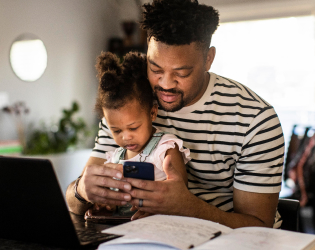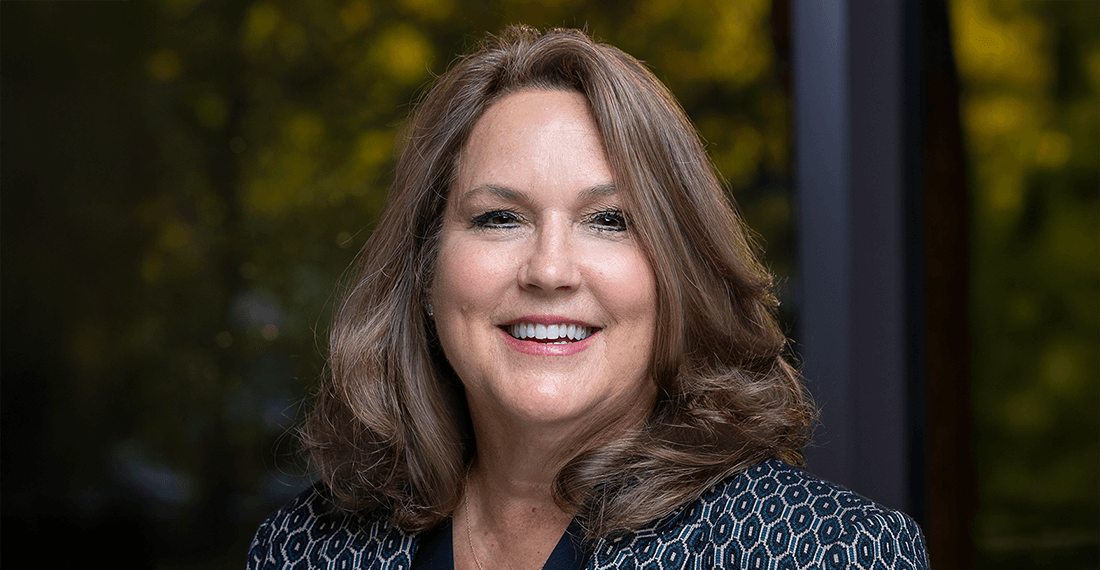Let’s build something together
Delaware is special. Our local team is proud of that, and together we have the expertise to deliver for clients and help drive the continued strength of our unique economy. Our teammates are dedicated to delivering the company’s global resources locally. Through our commitment to responsible growth, we deliver Bank of America’s capabilities to help the individuals we serve achieve their financial goals, connect companies to capital that will generate economic growth, and support community partners that will help it thrive.









